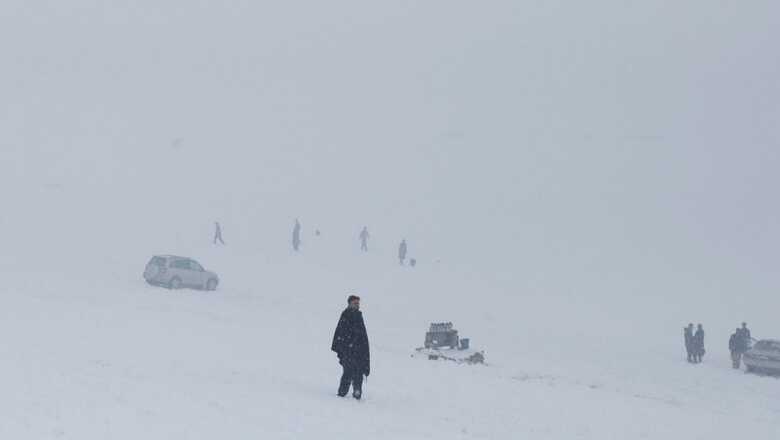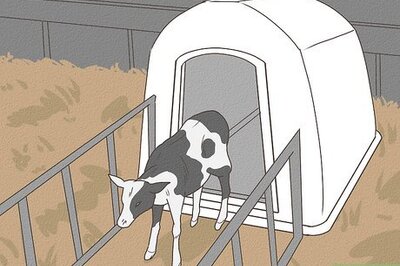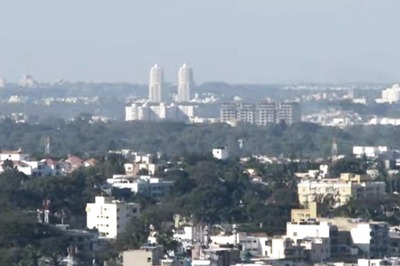
views
A landslide caused by heavy snowfall has killed 25 people and injured eight others in the eastern Afghan province of Nuristan, a disaster management ministry spokesman said on Monday.
Earth, snow and rubble swept through the village of Nakre in the Tatin valley of Nuristan overnight on Sunday.
“As a result of the landslide, some 25 people have been killed and eight injured,” spokesman Janan Sayeq said in a video clip shared with media.
Sayeq also told AFP the death toll could rise.
Nuristan province, which borders Pakistan, is mostly covered by mountainous forests and hugs the southern end of the Hindu Kush mountain range.
Provincial officials said snow has also hampered rescue efforts.
“Due to clouds and rain, the helicopter cannot land in Nuristan,” said Mohammad Nabi Adel, the head of public works in the province.
Adel said snow had blocked one of the main roads into the province, making “the rescue operation difficult”.
Around 20 houses were destroyed or heavily damaged, the provincial head of information and culture Jamiullah Hashimi told AFP.
“It is still snowing. Rescue efforts are underway and the number of dead may increase,” he said.
The arrival of snow this year was delayed across much of Afghanistan, which is accustomed to harsh winters.
Already in its third year of drought, Afghanistan is one of the countries most vulnerable to climate change, according to the United Nations.
Officials said there has been less snowfall in Nuristan compared to previous years.
“This year we had little snow and it doesn’t last for long,” said Adel.
The exceptionally low level of rain in a country that relies heavily on agriculture has forced many farmers to delay planting.
Afghanistan is one of the world’s poorest countries, racked by decades of war, prone to natural disasters and vulnerable to extreme weather events linked to climate change.
The South Asian country was once flush with humanitarian aid following the US-led occupation but funding to Afghanistan has plummeted since the Taliban returned to power in mid-2021, in part because of the many restrictions it imposed on women.


















Comments
0 comment